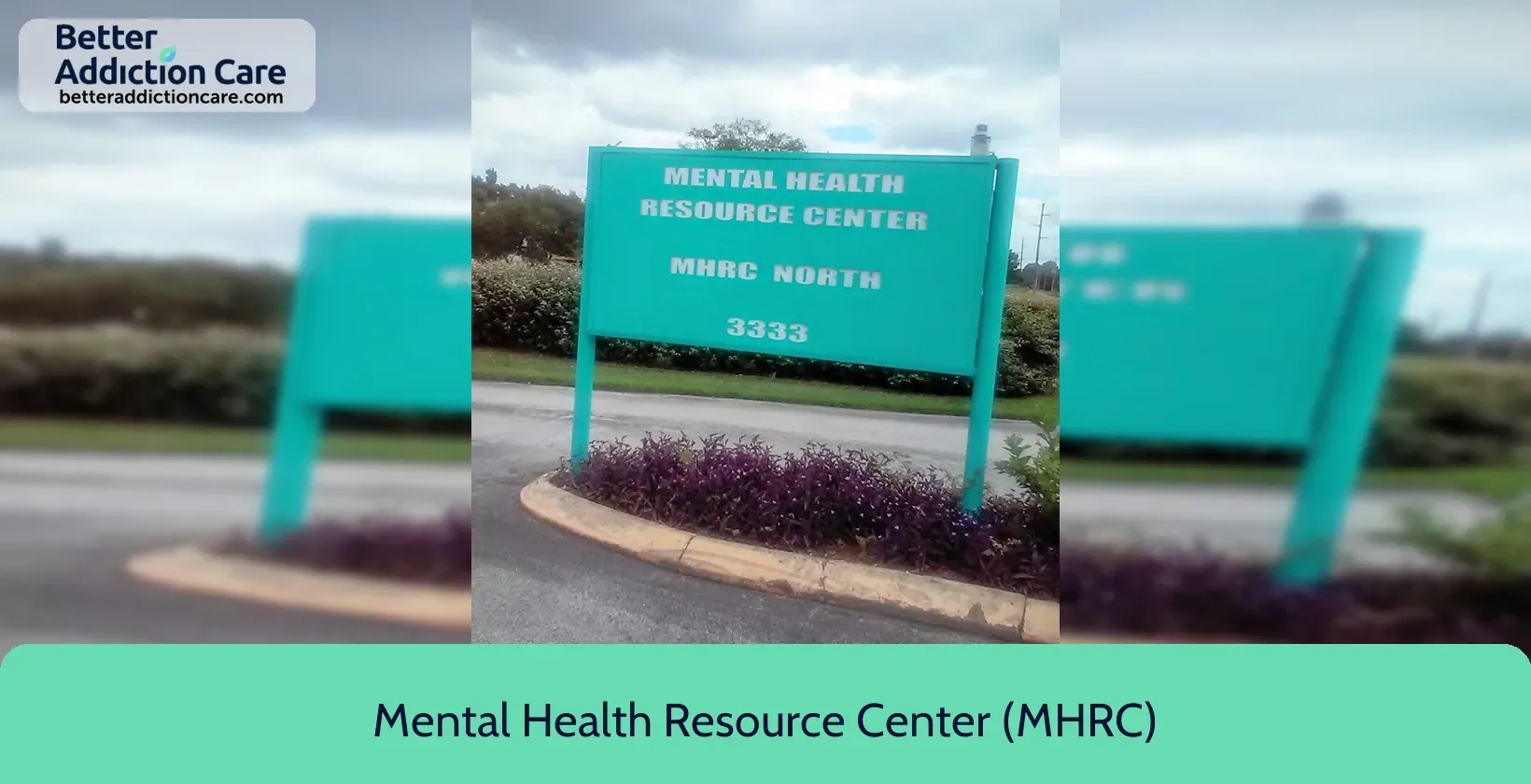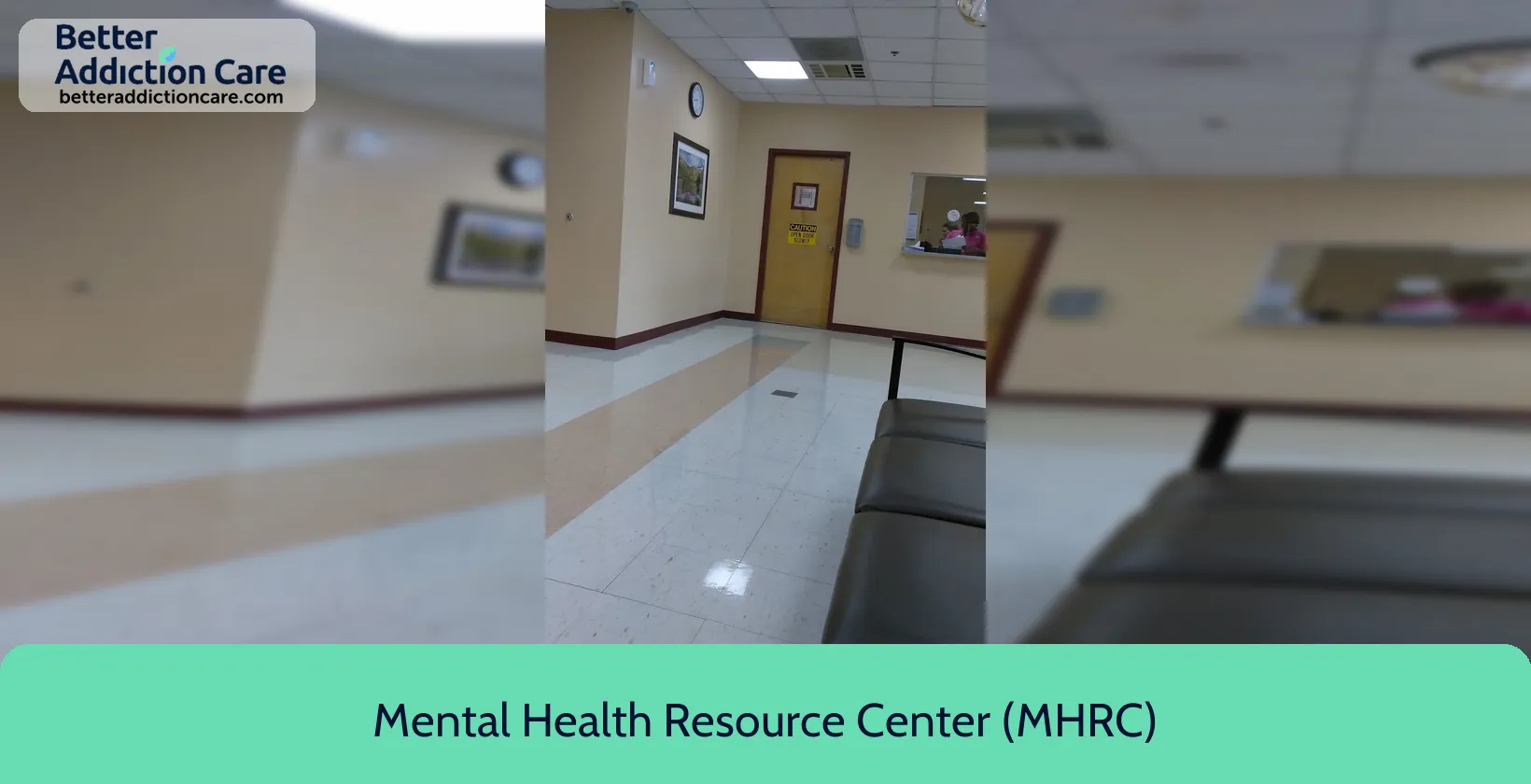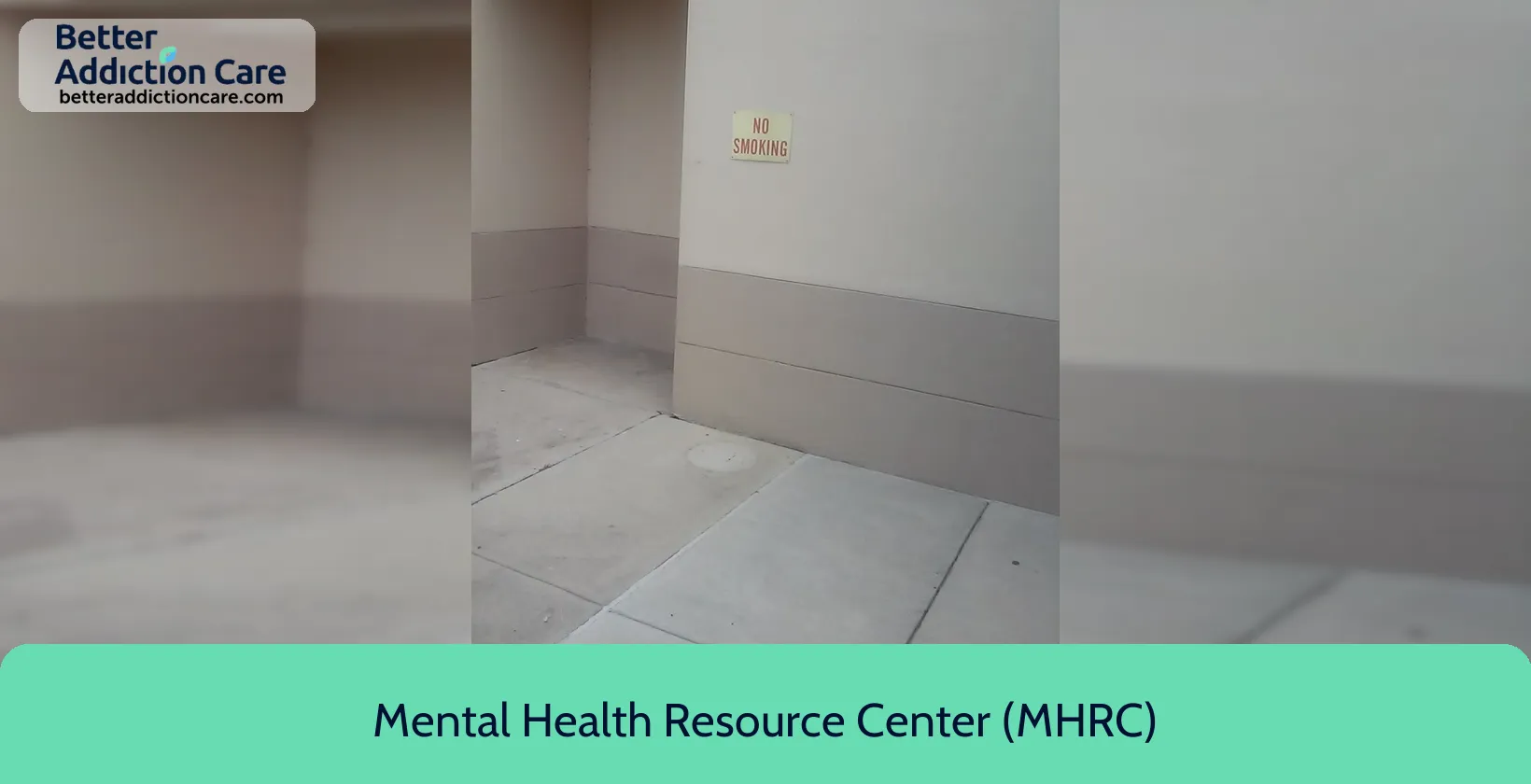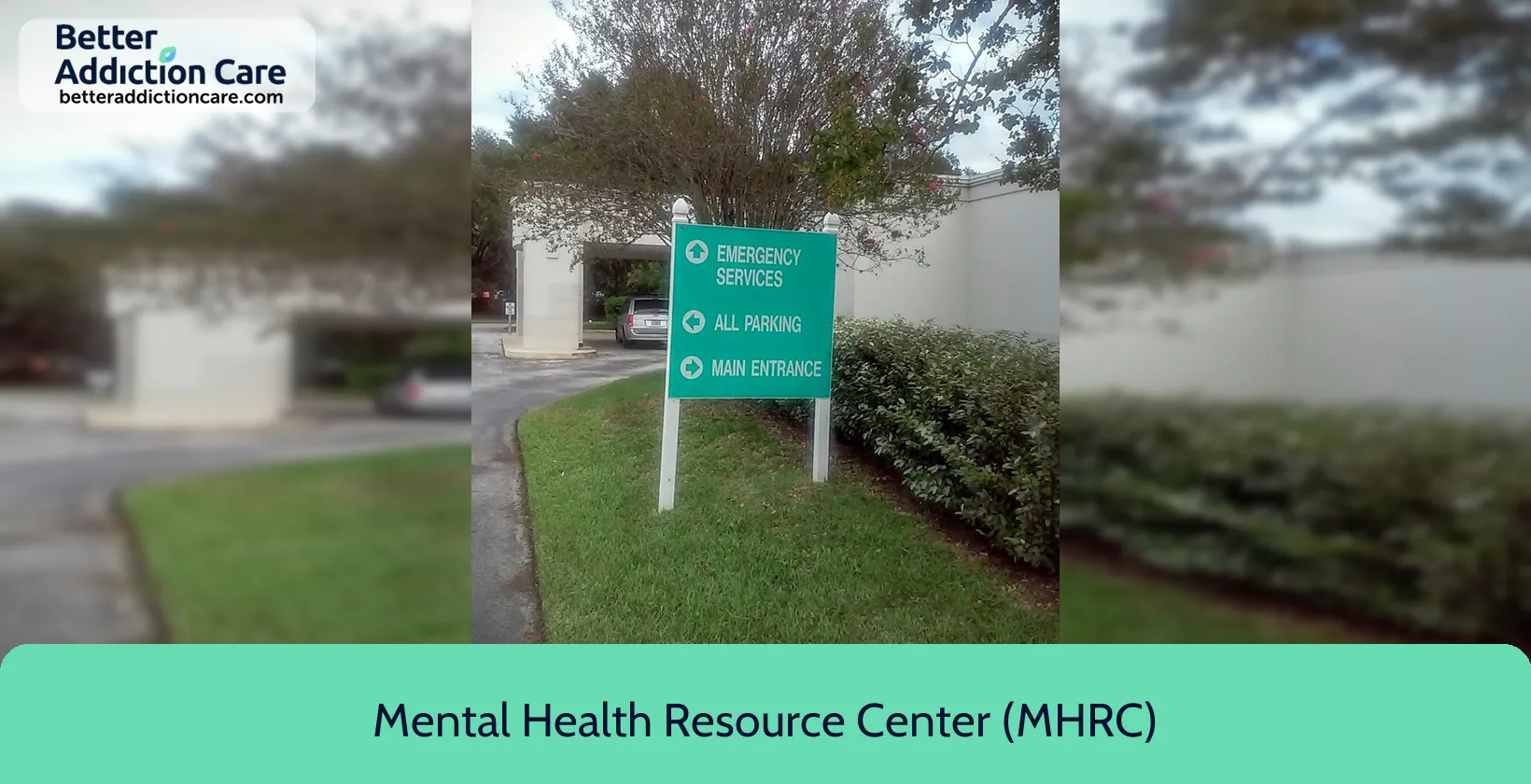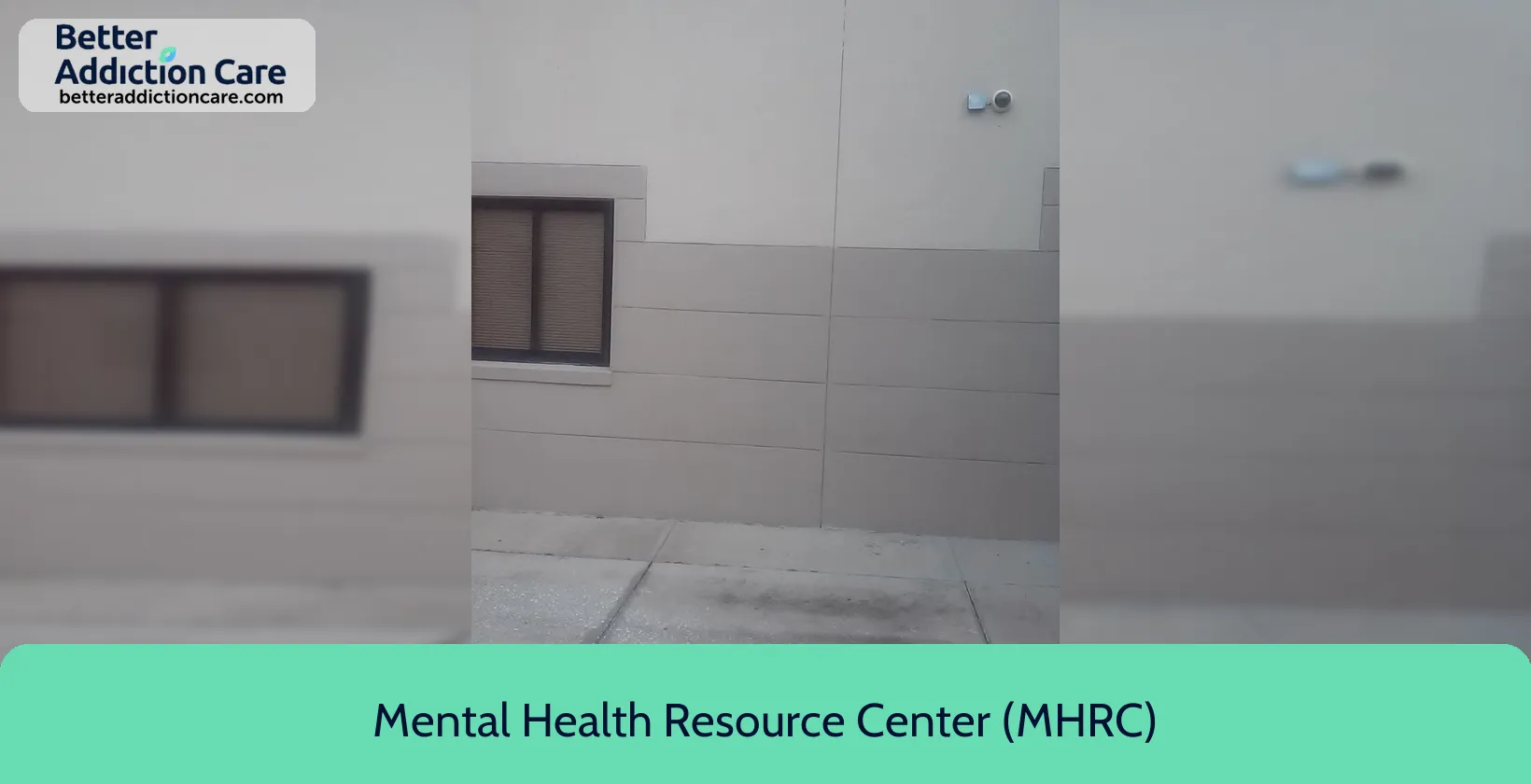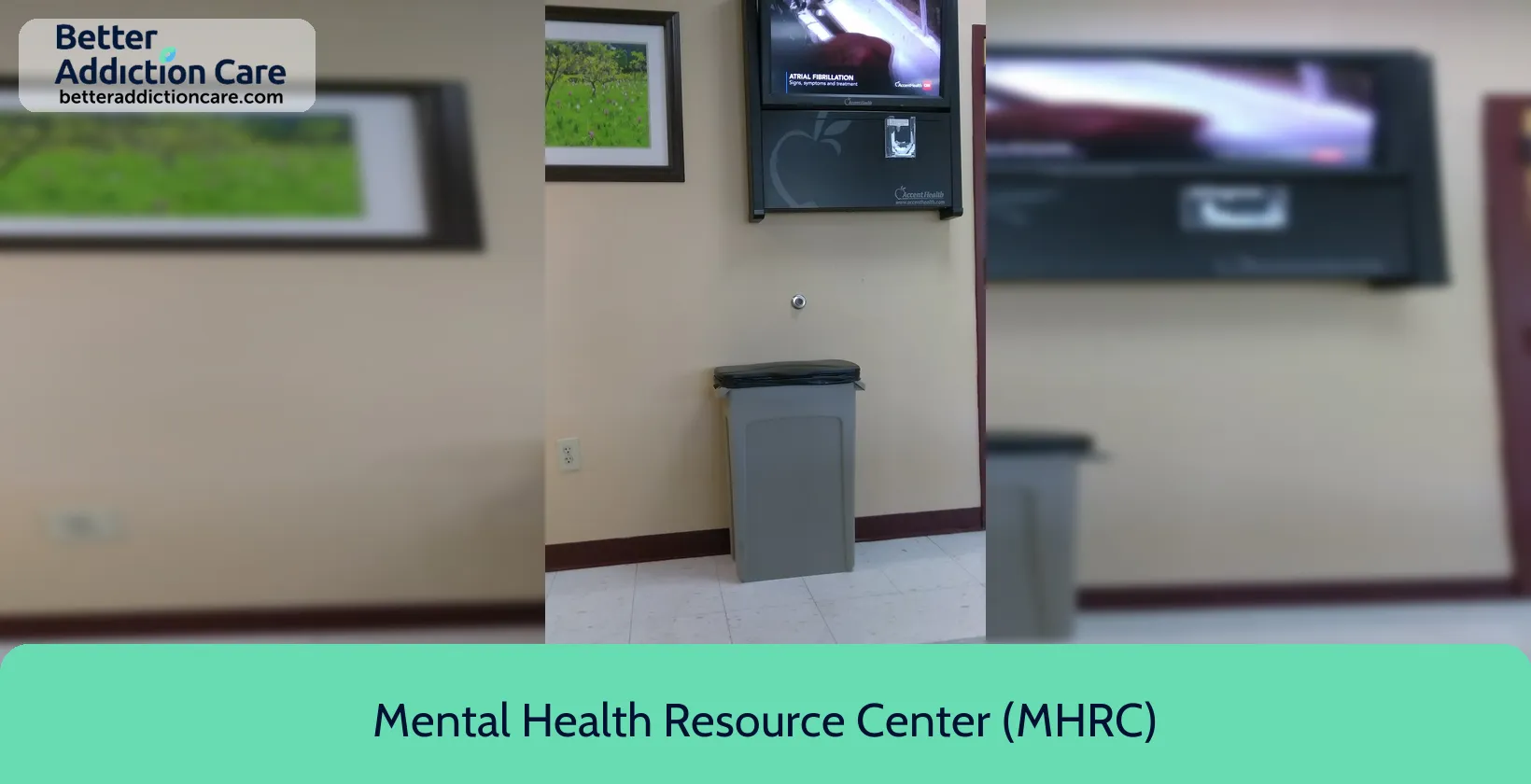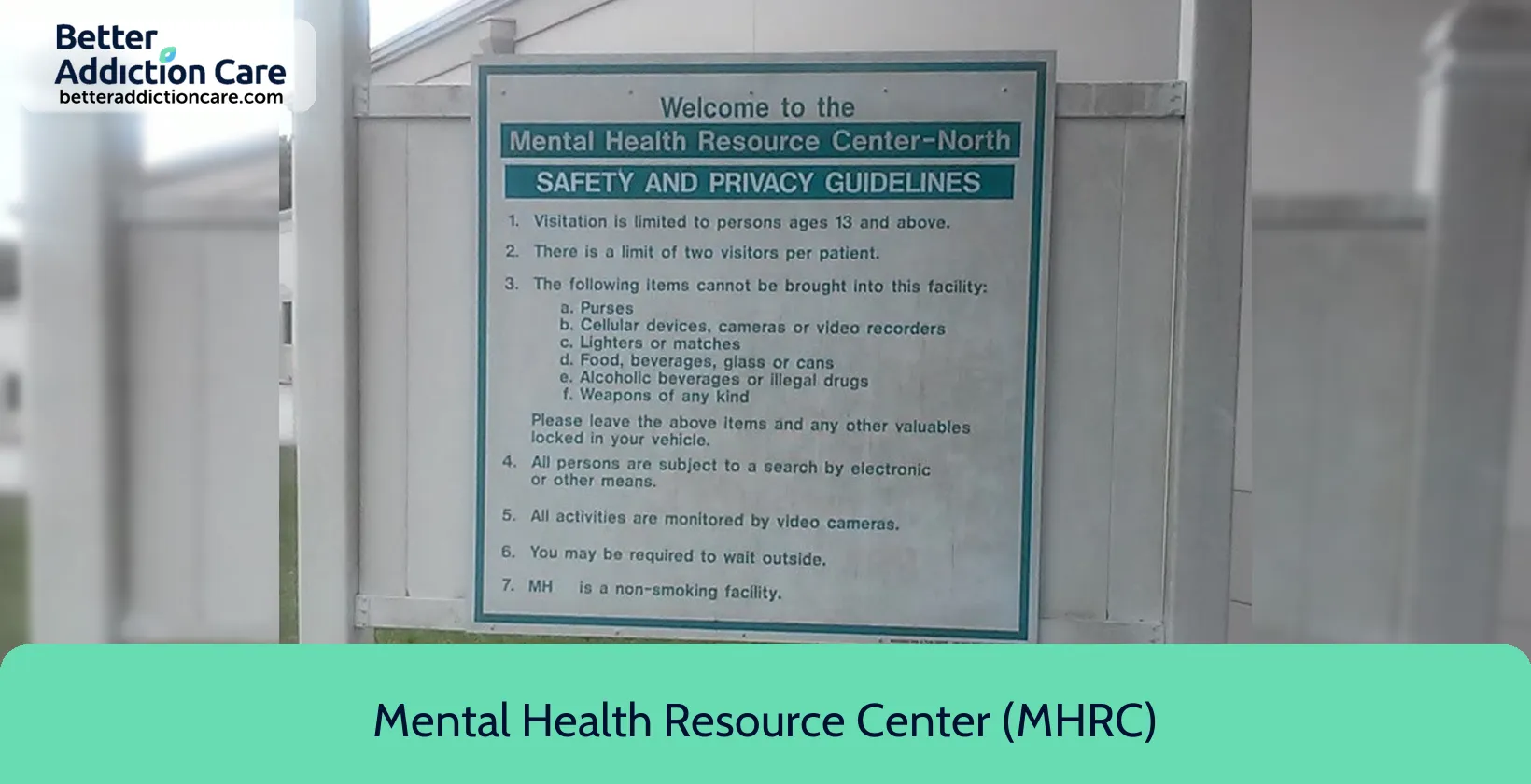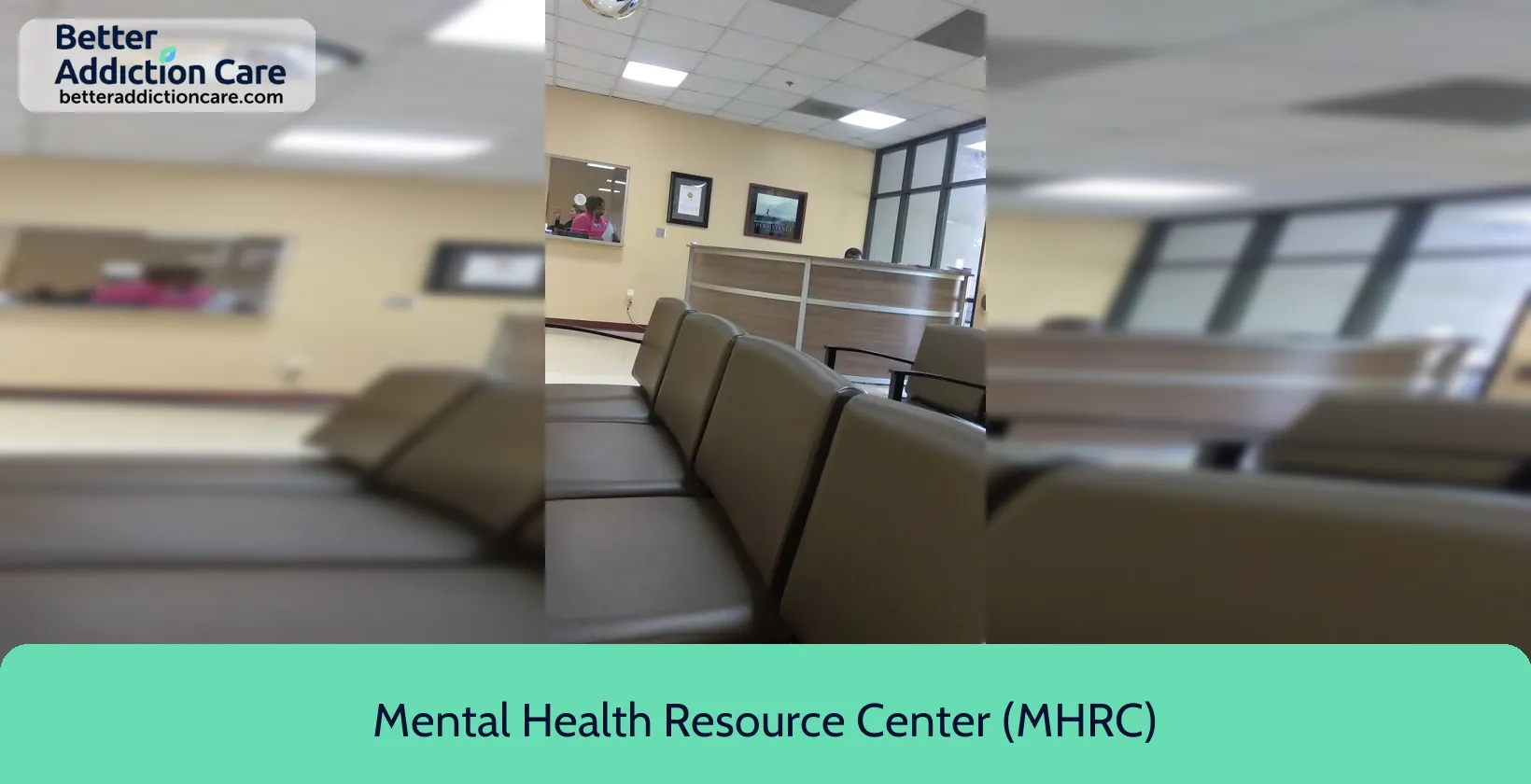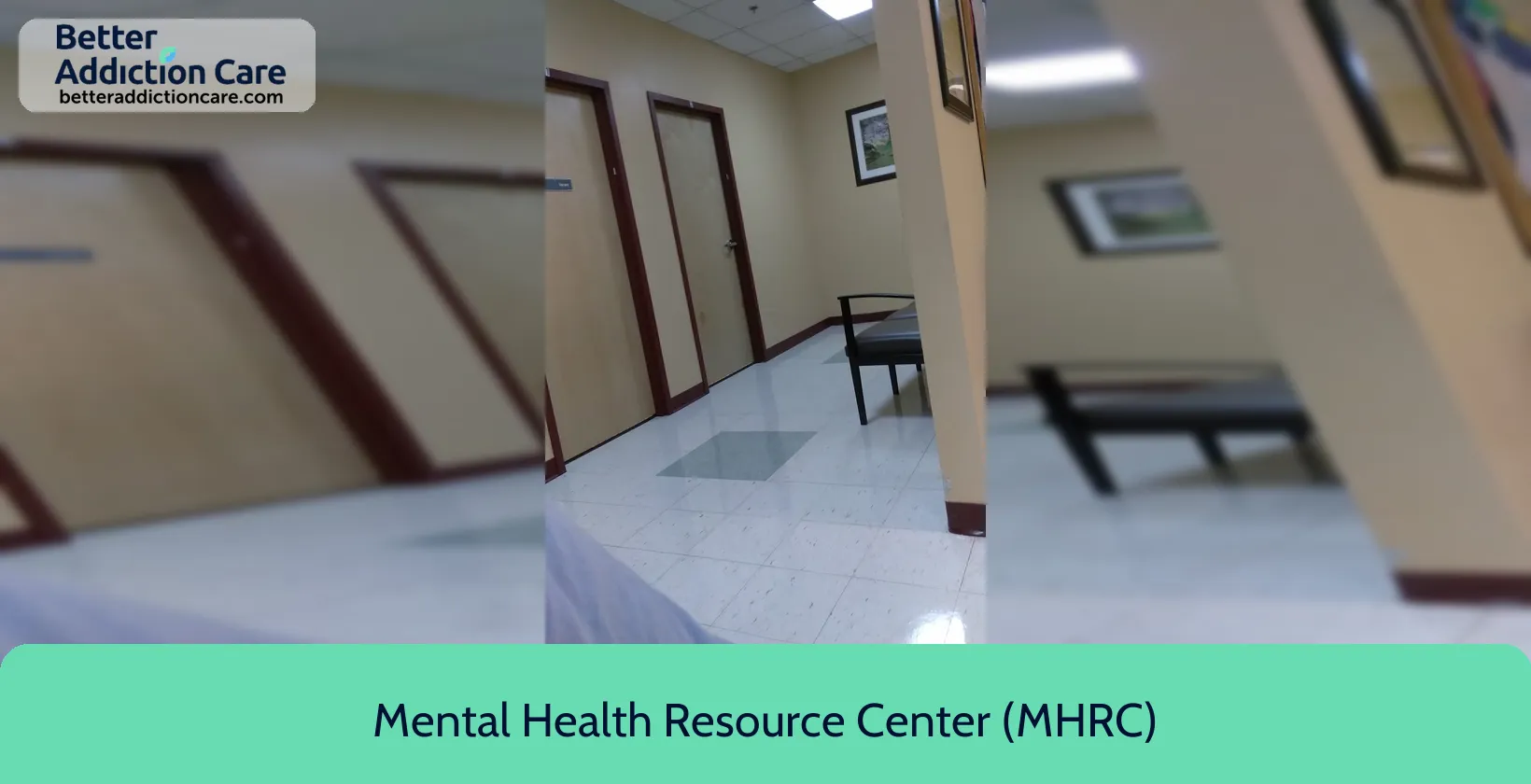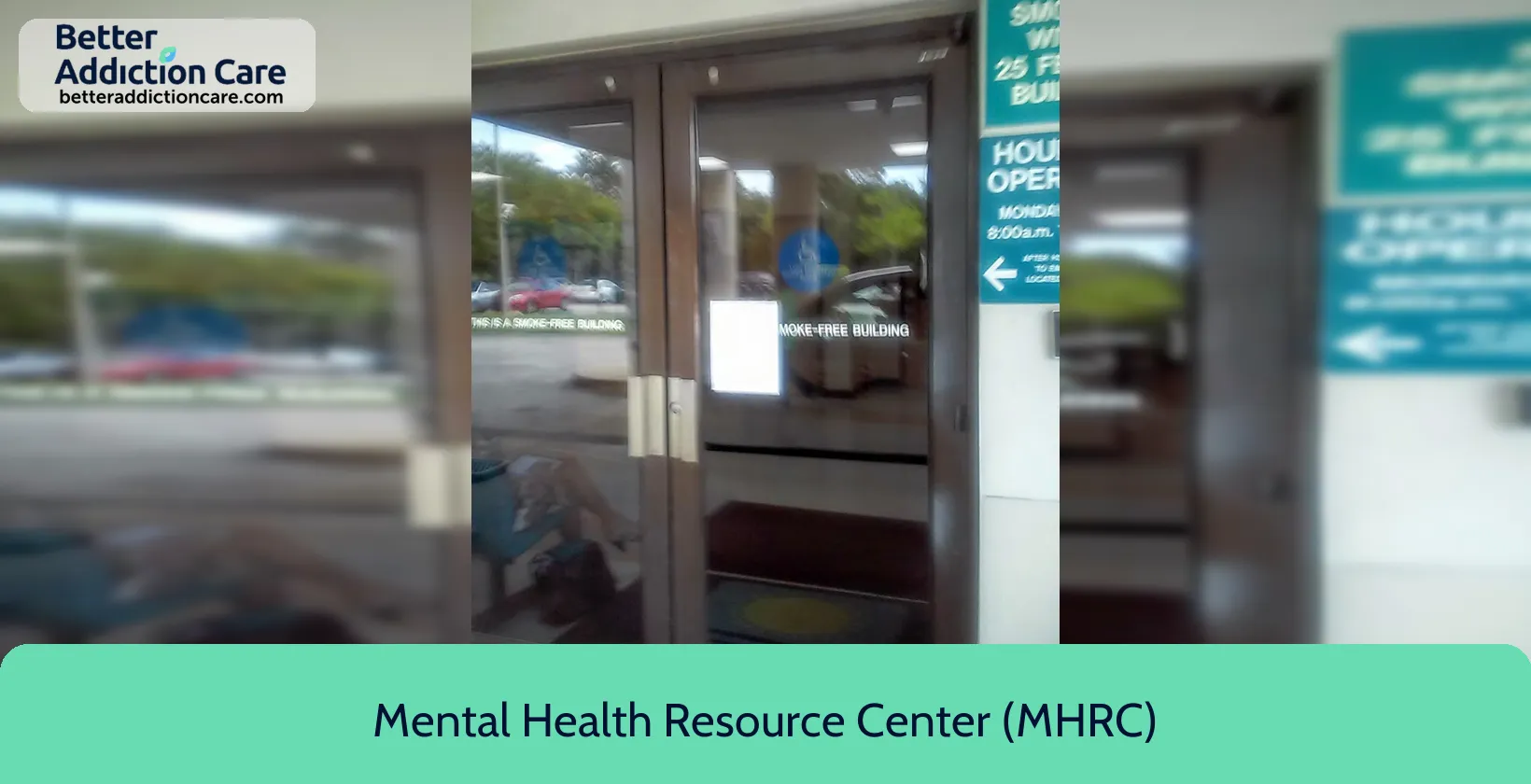Mental Health Resource Center (MHRC) - North
Overview
Mental Health Resource Center (MHRC) - North is a mental health treatment center for people seeking treatment near Duval County. As part of their treatment modalities for recovery, Mental Health Resource Center (MHRC) - North provides cognitive behavioral therapy, integrated mental and substance use disorder treatment, and abnormal involuntary movement scale during treatment. Mental Health Resource Center (MHRC) - North is located in Jacksonville, Florida, accepting cash or self-payment for treatment.
Mental Health Resource Center (MHRC) - North at a Glance
Payment Options
- Cash or self-payment
- Medicaid
- Medicare
- Private health insurance
- Federal military insurance (e.g., TRICARE)
Assessments
- Screening for tobacco use
- Comprehensive mental health assessment
- Comprehensive substance use assessment
Age Groups
- Children/adolescents
- Young adults
- Adults
- Seniors
Ancillary Services
- Case management service
Highlights About Mental Health Resource Center (MHRC) - North
6.69/10
With an overall rating of 6.69/10, this facility has following balanced range of services. Alcohol Rehabilitation: 8.00/10, Drug Rehab and Detox: 6.00/10, Insurance and Payments: 6.53/10, Treatment Options: 6.24/10.-
Alcohol Rehabilitation 8.00
-
Insurance and Payments 6.53
-
Treatment Options 6.24
-
Drug Rehab and Detox 6.00
Accreditations
The Joint Commission:

The Joint Commission's addiction and behavioral health accreditation signifies a facility's commitment to high-quality care. It involves rigorous evaluations and assessments of clinical practices, ensuring effective, evidence-based treatment. Accreditation showcases a dedication to continuous improvement and patient safety, instilling trust among patients, families, and healthcare professionals. It's a mark of excellence in addiction and behavioral health care.
Effective date: 04/23/2016
Registration: 388574
SAMHSA certification for opioid treatment program (OTP):
SAMHSA's Opioid Treatment Programs (OTP) accreditation is a prestigious recognition that signifies a program's compliance with stringent standards and guidelines established by the Substance Abuse and Mental Health Services Administration (SAMHSA). This accreditation demonstrates an OTP's commitment to providing high-quality, evidence-based care for individuals struggling with opioid use disorder (OUD). It serves as a trusted symbol of accountability and excellence, assuring patients, families, and communities that the OTP offers safe, effective, and comprehensive treatment options for OUD.
Treatment At Mental Health Resource Center (MHRC) - North
Treatment Conditions
- Alcoholism
- Mental health treatment
- Substance use treatment
- Co-occurring Disorders
Care Levels
- Hospital inpatient/24-hour hospital inpatient
- Outpatient
Treatment Modalities
- Cognitive behavioral therapy
- Integrated Mental and Substance Use Disorder treatment
- Abnormal involuntary movement scale
Ancillary Services
Languages
- Sign language services for the deaf and hard of hearing
Special Programs
- Persons 18 and older with serious mental illness (SMI)
Get Help Now
Common Questions About Mental Health Resource Center (MHRC) - North
Contact Information
Other Facilities in Jacksonville

6.91

7.14

6.90

6.80
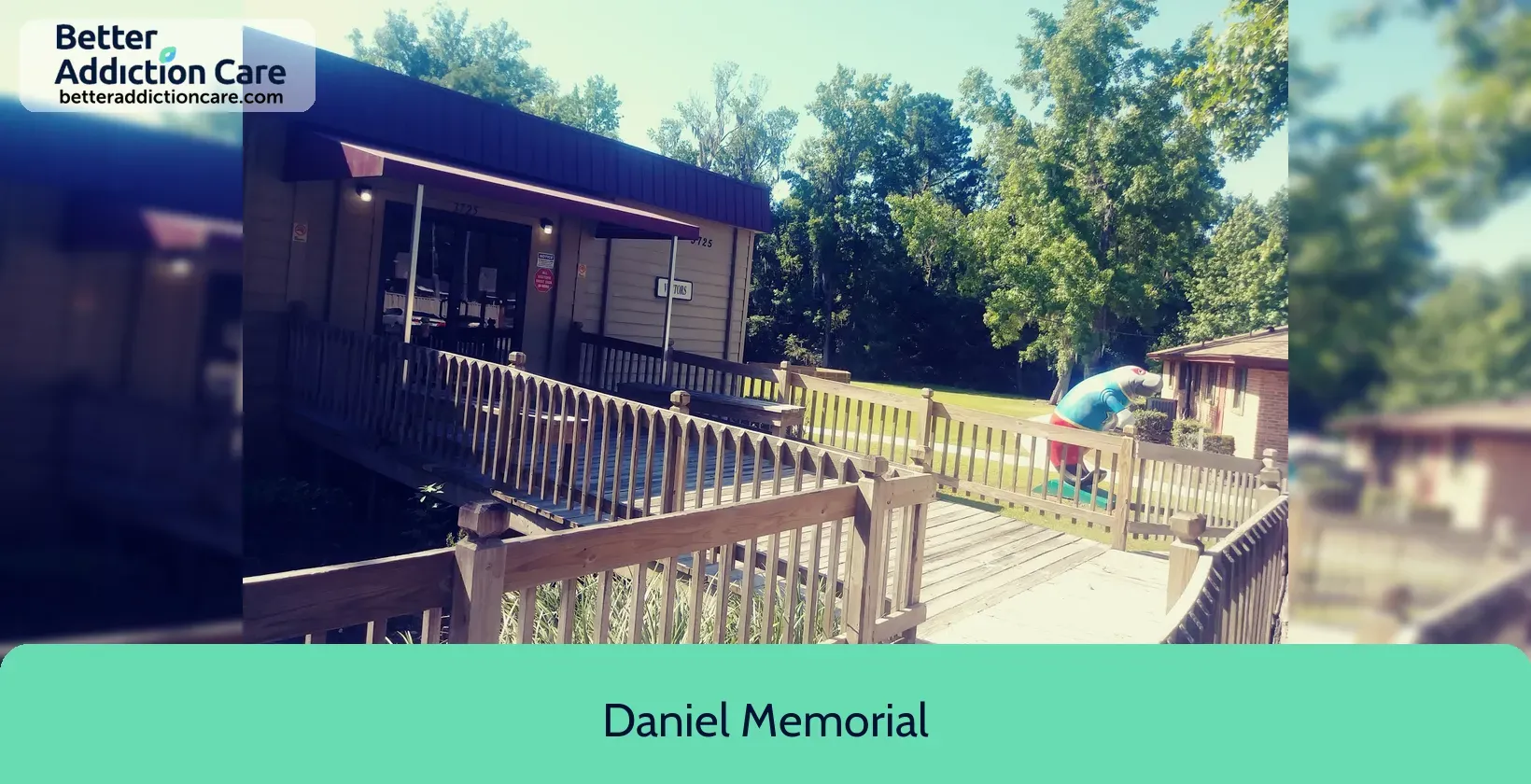
6.74
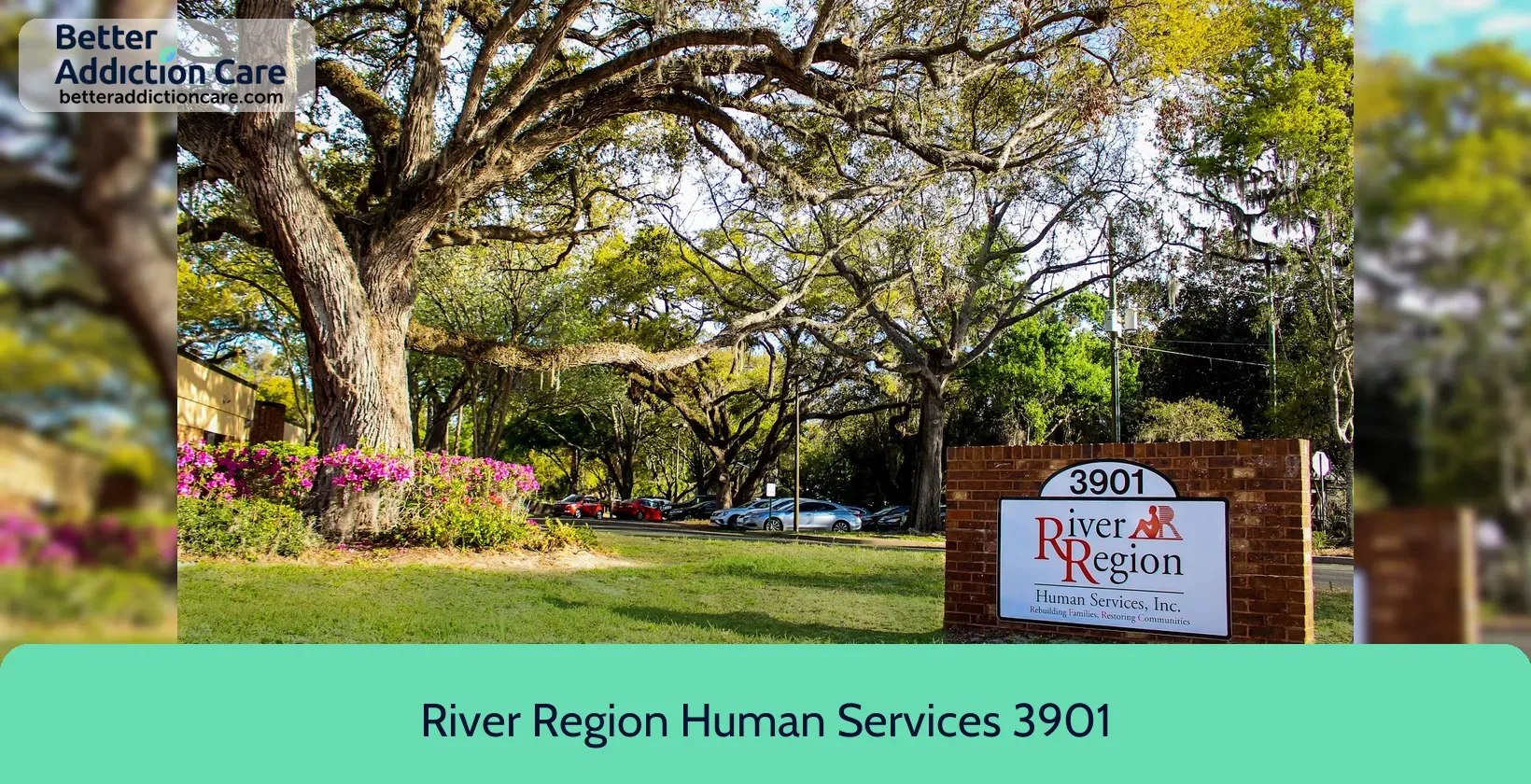
6.97
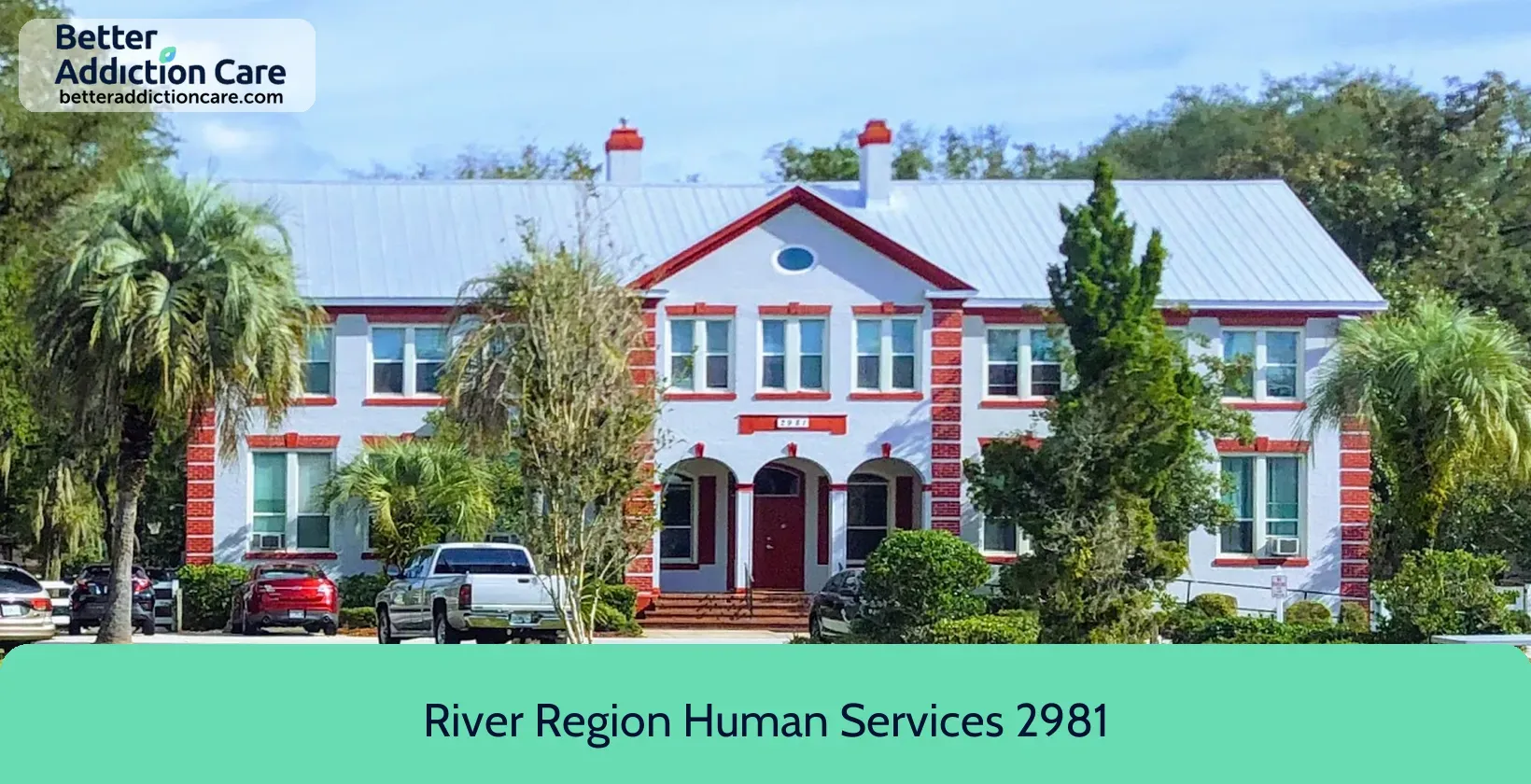
7.43
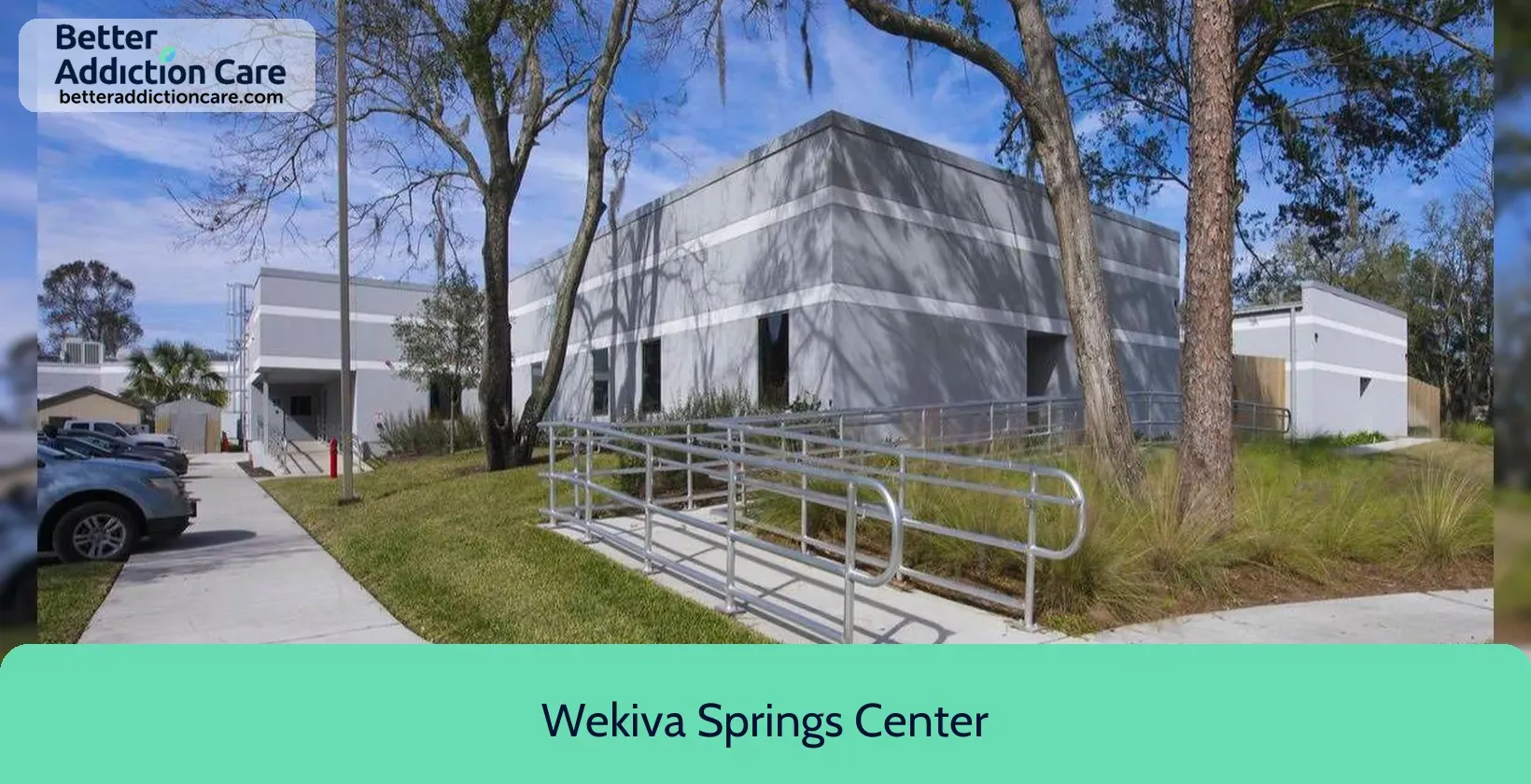
7.19
DISCLAIMER: The facility name, logo and brand are the property and registered trademarks of Wekiva Springs Center, and are being used for identification and informational purposes only. Use of these names, logos and brands shall not imply endorsement. BetterAddictionCare.com is not affiliated with or sponsored by Wekiva Springs Center.
